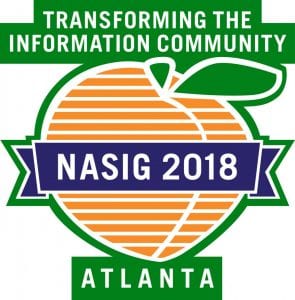Justine Withers, Electronic and Continuing Resources Catalog Librarian, attended the SCELC (Statewide California Electronic Library Consortium) Hackfest 2018. USF, as a member of SCELC, is able to receive a lower negotiated rate on purchases and subscriptions of electronic resources.
As reported by Justine, “The Hackfest brings electronic resources and systems librarians together for three days of brainstorming and tinkering to solve or improve common tasks. They use the word ‘hackfest’ with hesitation and work hard to encourage anyone who works with electronic resources to come, whatever their level of ‘hacker, programmer, techie’ skills. The benefits were obvious this year. Different skills and experiences uncovered questions that might have gone otherwise unanswered, hidden under assumptions and limited perspectives.”
“This year, the teams coalesced around the desire to follow through on all the ideas that come up at these events. One team designed an online repository that all consortium members can contribute to. The other teams drafted guides and tutorials with wide appeal (we hope!). After three years of great projects, we will finally have a central place to share them and enable more collaboration throughout the year.”
If you would like more general information about SCELC’s eResource Hackfest, check out the link here.
For anyone interested in planning a future Hackfest, SCELC provides a very detailed guide here , based on previous years’ experience.
